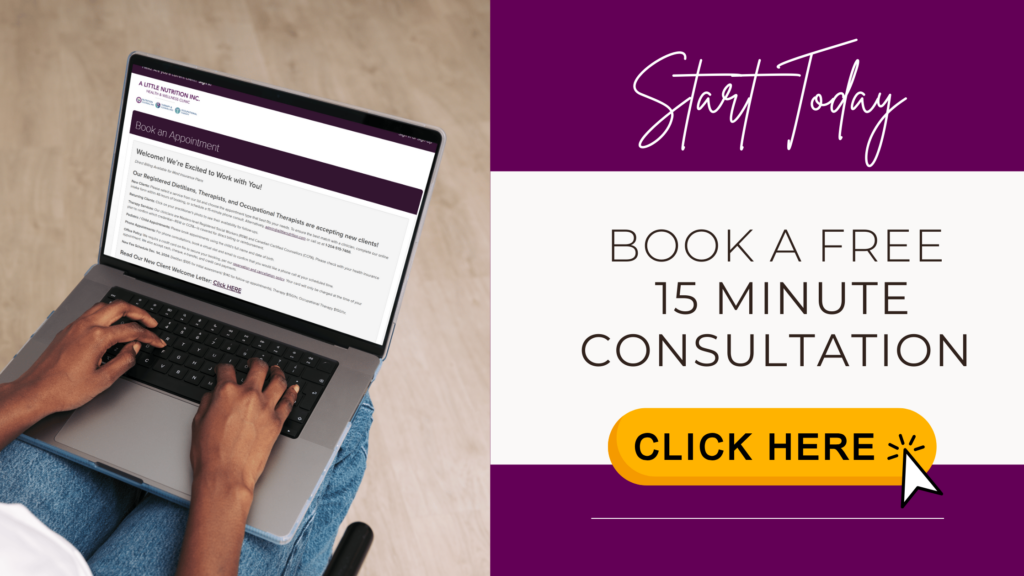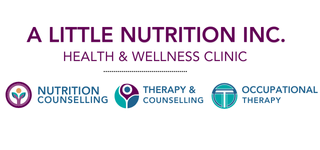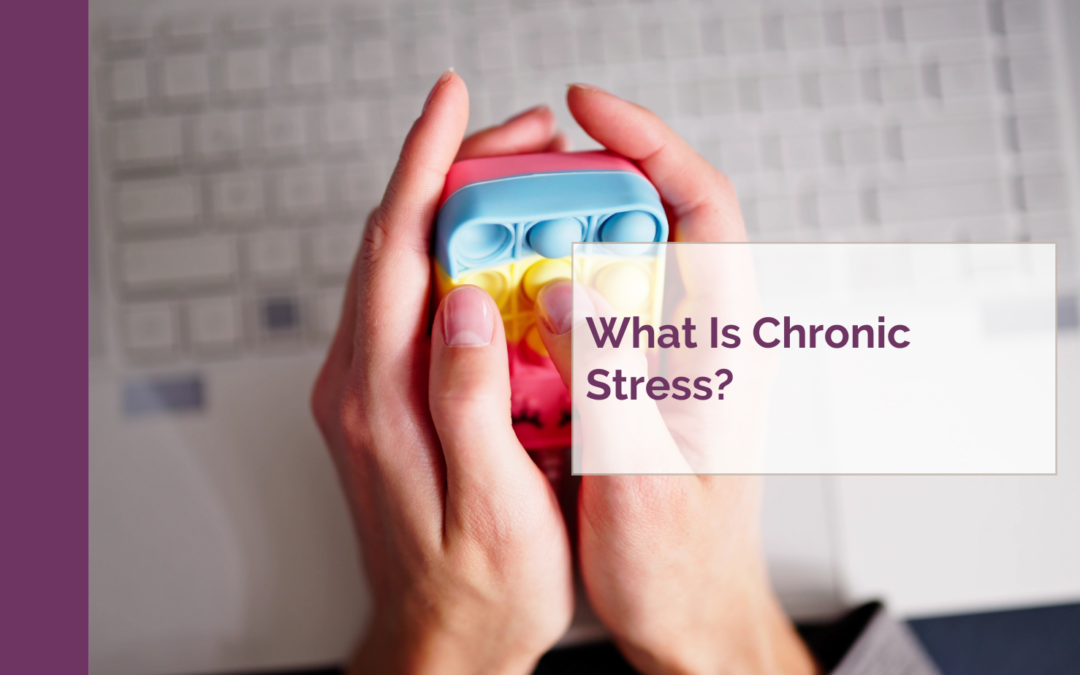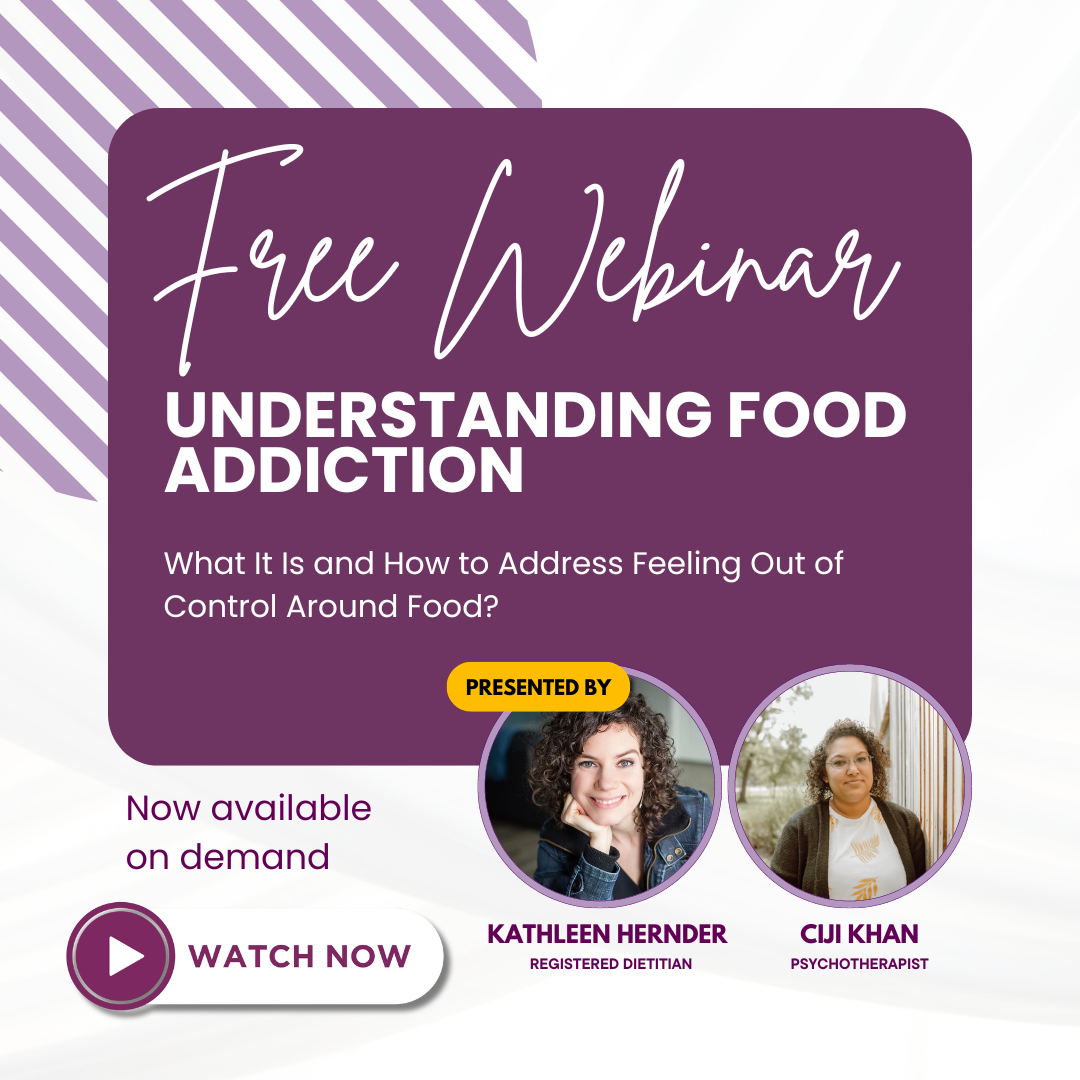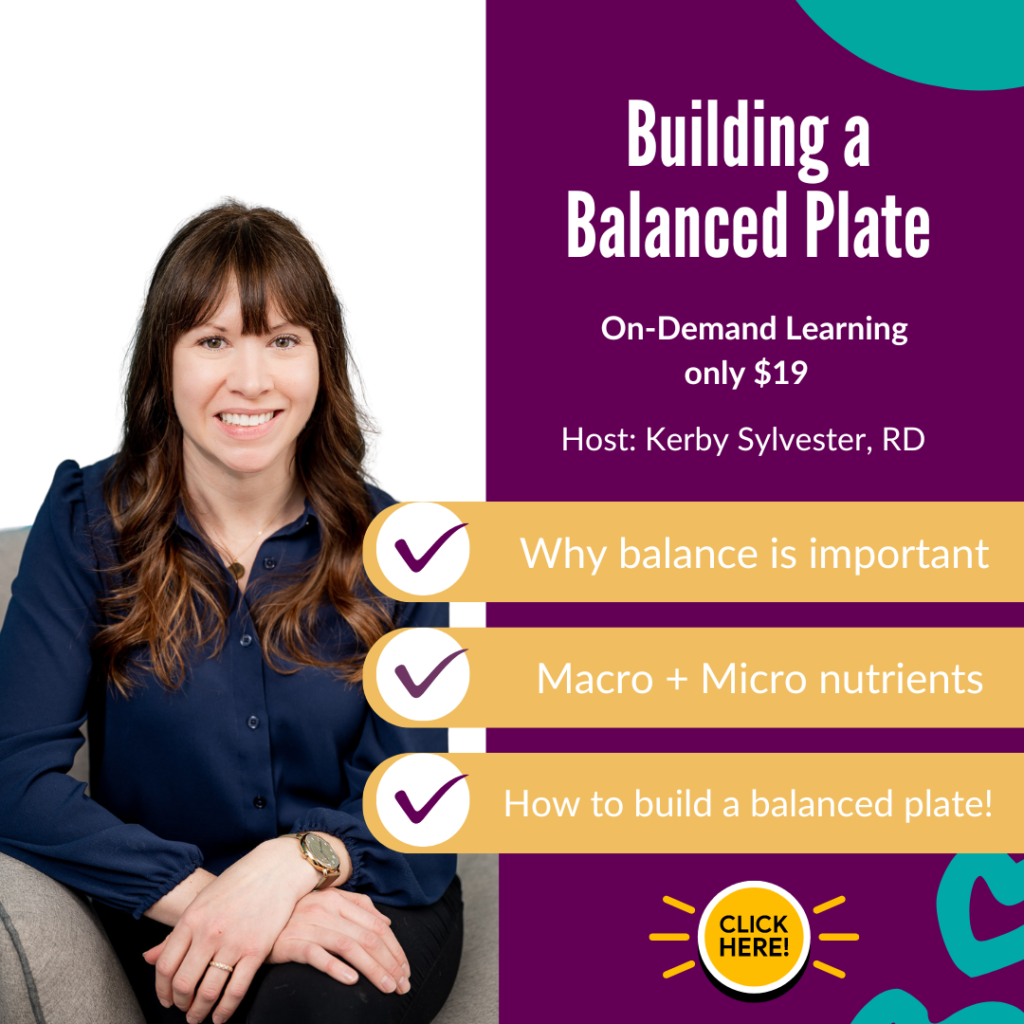Stress is a natural part of life, but its effects and how we respond to it can vary greatly from one person to another. Whether it’s a project deadline, a challenging relationship, or even the sound of traffic outside your window, stress comes at us in countless forms. While some stress can serve as a motivator, chronic stress can take a toll on your physical and emotional well-being.
Understanding Stress
What it is, how it impacts you, and how to manage it—can help you regain control and build resilience. This guide explores the essentials of stress and provides practical tools to help you manage it effectively.
What Is Stress?
Stress is your body’s response to any demand or challenge, whether physical, mental, or emotional. At its core, it’s a natural survival mechanism, helping you react to threats and adapt to new situations.
This reaction, known as the “stress response,” is like your body’s emergency system. It kicks in to give you heightened alertness and energy when facing a challenge. But while it’s useful in short bursts, prolonged stress can disrupt your body’s balance and lead to burnout.
Common Sources of Stress
Stress can originate from different aspects of life:
- Physical Stress – Illness, injury, lack of sleep, or environmental factors like extreme weather.
- Psychological Stress – Work pressure, personal conflicts, or financial worries.
- Environmental Stress – Noise, crowded spaces, or exposure to pollution.
Think of stress like a car engine—it provides the power needed to overcome steep hills in short bursts. But if the engine is pushed too hard for too long, it overheats or breaks down.
How Does Stress Affect the Body and Mind?
When you encounter a stressful situation, your body engages in a “fight-or-flight” response to prepare for action. Here’s how it unfolds step-by-step:
1. Perception of a Threat
Your brain recognizes a threat—whether real or imagined. The amygdala, the brain’s emotional center, lights up and triggers the alarm.
2. Stress Response Activation
The hypothalamus engages the sympathetic nervous system, activating the “fight-or-flight” mode.
3. Release of Stress Hormones
Adrenal glands release adrenaline and cortisol, which:
- Increase your heart rate to pump blood faster.
- Boost blood glucose levels for extra energy.
- Improve focus by redirecting resources to vital functions.
4. Physical Changes
Your body undergoes noticeable shifts:
- Faster breathing to increase oxygen flow.
- Dilated pupils to sharpen vision.
- Temporary halting of digestion to conserve energy for immediate action.
Once the stressor passes, the parasympathetic nervous system returns your body to a restful state. This relaxation phase is called “rest and digest.” If stress persists and becomes chronic, it can take a serious toll on both your body and mind.
The Impact of Chronic Stress
While short-term stress can motivate, chronic stress has widespread negative effects:
- Physical Effects – Weakened immune system, increased risk of heart disease, digestive issues, and muscle tension. Chronic stress is like rust on a machine—it silently erodes its performance over time.
- Mental Effects – Heightened anxiety, mood swings, and difficulty concentrating. Imagine your mind as a computer; chronic stress overloads it, slowing everything down.
- Behavioral Effects – Stress can affect eating patterns, disrupt sleep, and lead to habits like nail-biting or overeating.
Understanding these effects is the first step toward identifying when stress might be taking a toll on your health.
Types of Stress
Not all stress is created equal. Its effects largely depend on the type and duration.
1. Positive Stress (Eustress)
This short-term stress motivates and can help with focus and performance, such as preparing for an important presentation. Eustress feels like lifting weights—it temporarily strains yet strengthens you.
2. Negative Stress (Distress)
When stress becomes overwhelming or persistent, it impairs your mental and physical health. Picture carrying a heavy backpack endlessly—it’s exhausting and unsustainable.
3. Acute Stress
Acute stess is a brief, situational response to immediate challenges, such as a job interview. Think of it like a spark—short-lived but intense.
4. Chronic Stress
Ongoing stress caused by long-term issues, like caregiving or financial strain, can persistently wear you down. Chronic stress is more like a dripping faucet, causing slow, consistent damage over time.
By identifying the type of stress you’re dealing with, you can take actions tailored to your specific situation.
Managing Stress: Finding Balance
Effectively managing stress involves reducing stressors while strengthening your ability to cope with them.
1: Reduce Stressors
- Set Boundaries – Learn to say no and create space for self-care.
- Get Organized – Tackle overwhelming tasks by breaking them into smaller, manageable steps.
- Limit Stressful Triggers – Identify and avoid situations or environments that amplify your stress.
2: Build Resilience
- Exercise Regularly – Engaging in activities such as walking or yoga helps reduce stress by burning off excess stress hormones while simultaneously boosting your mood.
- Practice Relaxation Techniques – Practices like deep breathing, meditation, or progressive muscle relaxation can help cultivate a sense of calm and tranquility.
- Maintain Social Connections – Talking with friends or family can offer emotional support and perspective.
3: Seek Professional Support
If stress feels unmanageable, speaking to a professional therapist can provide additional tools and coping strategies. Therapy acts as a safe space to identify triggers, reframe thought patterns, and reduce stress effectively.
Stress Is a Journey
Managing stress isn’t about eliminating it entirely; it’s about learning how to adapt and find balance. Your body and mind are like a ship navigating life’s waters—acute stresses are like sudden storms, sharpening your skills and resilience. Meanwhile, chronic stress is prolonged bad weather that requires careful navigation and periodic repairs.
By identifying your stress triggers and taking intentional, proactive steps, you can pave the way to a more balanced and fulfilling life. Remember, every storm passes—equipping yourself with the right tools makes all the difference.
Take the First Step Today
If stress feels overwhelming, remember you’re not alone. Consider reaching out to a therapist or trusted support to help you regain balance. Your well-being matters, and it’s worth prioritizing.
Start small. Take a deep breath, make a plan, and remember—progress is better than perfection.
